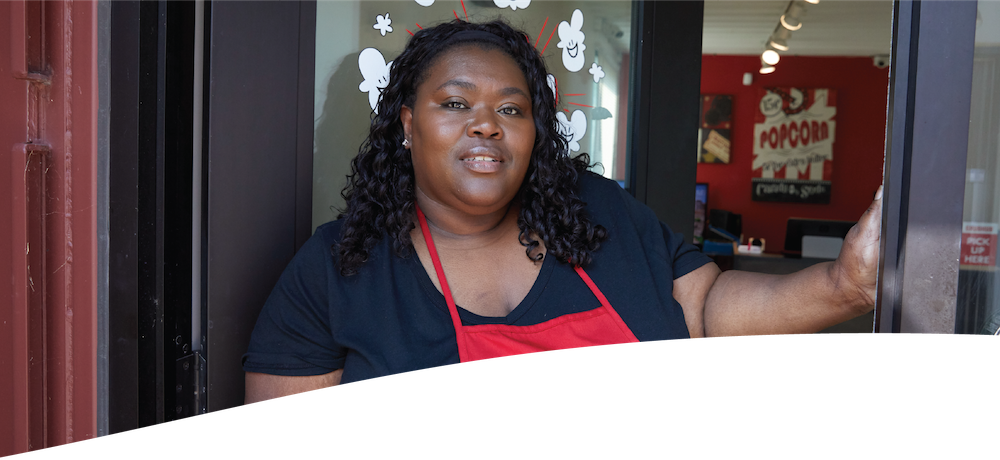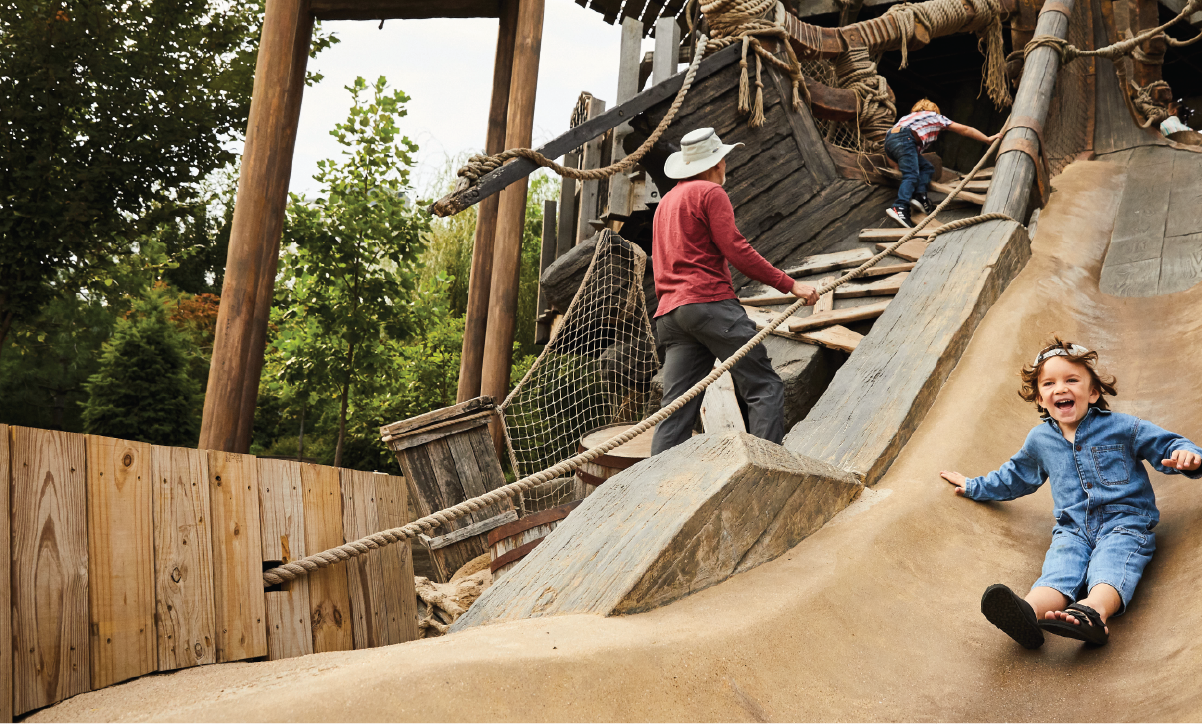
Your Omaha Questions, Answered by Locals

Where should I live? Do I need a car? How much is rent? What is there to do for fun? What jobs are out there in my field? Are there really that many good restaurants? How do I relocate my business? In Omaha, you have potential and possibilities filled with career growth, financial freedom, family, community and balance.
But you may still have questions about Omaha. And we can help.
Ask a Local: Get Real Answers from Real Omahans
We tapped a network of local Omahans ready to answer your questions.
Send us your query, and we’ll get an expert answer from a real Omahan.

You Have Questions about Omaha. We Have Answers.
When someone’s considering moving to Omaha, we hear a lot of the same questions.
We compiled answers to the most frequently asked questions about Omaha.
Don’t see your question here? Fill out the form above to ask us anything.
Lifestyle & Culture
What’s there to do for fun (restaurants, nightlife, sports, arts, events)?
Omaha has something for everyone—award-winning restaurants, a lively music and nightlife scene, professional and college sports and a thriving arts and events calendar.
How welcoming and representative is the community of different backgrounds and perspectives?
Omaha is home to a growing mix of cultures, with diverse neighborhoods, festivals and initiatives that foster inclusivity and belonging for newcomers.
Is there a strong sense of community / networking opportunities?
Omaha is known for its welcoming spirit, with active professional groups, industry networks and community organizations that make it easy to connect. The Greater Omaha Chamber of Commerce hosts regular networking events.
Are there parks, hiking and outdoor activities nearby?
Absolutely. The Omaha area is home to hundreds of parks, scenic river trails, nearby lakes and family-friendly outdoor spaces perfect for hiking, biking, and recreation.


City & Neighborhood
What areas are best for young professionals or families?
Depending on your needs, the answer to this question is extremely varied. The good thing: The Omaha area has something for everyone. Omaha has affordable apartments near nightlife in Blackstone, the Old Market and other areas. Plus there are plenty of neighborhoods with houses (and backyards) all over Omaha and surrounding communities such as Council Bluffs and Bellevue. If you want more specific information, fill out the form above and let us know what you have in mind (what kind of housing you’re looking for, your field of work, what you like to do, etc.) and we’ll help you sort it out.
How’s the public transportation? Do I need a car?
Public transportation in Omaha includes Omaha’s city-wide Metro bus system including ORBT, a line of rapid-transit buses that can get you around town quickly. Omaha is also building a streetcar that connects midtown to downtown and will open in spring 2027.
Ridesharing services are also available across Omaha.
What about a car? Walking or biking to work or anything you might want to do around Omaha is possible, and you can supplement with public transportation or rideshare services when needed. But you may prefer having a car to get around, and most people in Omaha do have cars.
How long is the average commute in Omaha?
The average commute in Omaha is 20.5 minutes. That’s more than 6 minutes faster than the national average. It’s pretty easy to get around.
Are there walkable areas with restaurants, shops, and nightlife?
Oh yes. Omahans (both current and former) as well as visitors are familiar with the Old Market, of course. But you’ll also find excellent walkable (and super fun) areas including the Blackstone District, Benson, Aksarben Village, The Riverfront, Little Bohemia and North Downtown. All of them have restaurants, shops, nightlife and even nearby housing if you want to live close to your favorite hotspot.
Cost of Living
What's the average rent price in Omaha?
The average rent in Omaha is $1,600/month, 24% below the national average (according to Zillow). Many apartments and houses can be found for less than $1,000/month.
What's the average home cost in Omaha?
The average home cost in Omaha is about $293,000, 22% below the national average (according to Zillow). Homes in Omaha are, of course, available at a variety of prices.
What is the cost of living in Omaha? How does it compare?
The cost of living in Omaha is 6.9% below the national average. That includes prices of things such as housing, groceries and utilities (water, power, gas, etc.). Low cost of living is one of the reasons Omaha was ranked in the top 100 of Livability.com’s list of the 100 best places to live.
Are there hidden costs (HOA fees, tolls, parking, etc.) to living in Omaha?
Additional costs depend on where you live and where you visit in Omaha.
- Some neighborhoods have HOAs, but most don’t. It depends on where you buy a home. Check with your real estate agent before you move to be sure.
- There are no tolls in the City of Omaha (and only two in the rest of the state). It’s pretty easy to get around and won’t cost you extra.
- Park Omaha manages street parking in Omaha, and most paid street parking is located in midtown and downtown. Cost varies depending on location, date, time and nearby events. Most apartments and jobs have free parking, but some buildings in areas with less parking (such as downtown) may charge you for a parking space.


Jobs & Economy
What industries are the major employers in Omaha?
The Omaha area’s industry mix creates a wide variety of career opportunities and makes Omaha one of the Midwest’s most balanced and resilient economies. Omaha’s economy is powered by a diverse mix of industries and occupations including…
- Finance and Insurance – banking, investment services and insurance operations
- Transportation and Logistics – freight rail, trucking, distribution and supply chain management
- Construction and Engineering – major infrastructure, industrial and commercial projects
- Healthcare and Life Sciences – hospitals, clinics, biomedical research and health services
- Information Technology and Digital Services – fintech, payment processing and IT services
- Education and Public Sector – universities, public schools and government agencies
- Defense and National Security – anchored by Offutt Air Force Base and related operations
How competitive is the job market?
Omaha’s your launchpad. Omaha has the job you want and room to grow, too. LinkedIn ranks Omaha as the No. 10 fastest-growing U.S. metro for jobs and talent in 2025, and Forbes placed Omaha No. 13 in its ranking of best cities for remote workers in 2025. Omaha continues to show strong growth in jobs, adding nearly 26,000 new jobs since 2020.
What's the average salary in Omaha?
That answer varies widely based on your profession. Fill out the form above to let us know what kind of job or career field you’re looking in, and we’ll help you out!
Healthcare, Education & Family
Are there good hospitals and clinics nearby?
Omaha area residents benefit from world-class healthcare right in their backyard. Nebraska Medicine is an internationally recognized hospital, and Omaha is also home to trusted providers CHI Health, Methodist Health System and Children’s Hospital & Medical Center. From everyday care to advanced specialties, families relocating here have easy access to quality healthcare close to home.
How are public schools in the Omaha area? Are there good private schools?
- The Omaha area is known for its strong public school system, offering students quality education and a wide range of academic and extracurricular opportunities. The region is served by 11 school districts that cover the largest student bodies in the state of Nebraska.
- The Omaha area also has numerous highly-rated private school options with smaller classes and strong academic outcomes. Private schools do come with tuition costs, and many are religiously affiliated.
What colleges and universities are in Omaha?
Omaha is home to numerous universities and colleges including University of Nebraska at Omaha, Creighton University and Metro Community College as well as Bellevue University, Clarkson College, College of Saint Mary, Doane College, Iowa Western Community College, Midland University, Nebraska Christian College and Nebraska Methodist College.
What's the availability of childcare in Omaha?
Like in many places, waitlists are common for childcare, but tools such as Step Up to Quality can help you find high-quality childcare that’s the right fit. Start your search early if possible.


Climate & Environment
How extreme are the summers/winters?
Omaha has four distinct seasons, so you’ll experience a true change of seasons. You’ll need cool clothes for Omaha’s sunny, hot summers and be able to bundle up for cold (and sometimes snowy) winters.
Does the city get a lot of natural disasters (floods, tornadoes, earthquakes)?
Severe weather can happen, but Omaha has strong preparedness systems in place, and major natural disasters are rare.
How bad is pollution?
Air quality in Omaha is generally good, with plenty of fresh air and green spaces as well as ongoing community efforts to help keep the environment clean.
Safety & Regulations
What's the crime rate like?
Like any city, Omaha has safer and higher-crime areas, but overall it’s a welcoming community with many safe neighborhoods to choose from.
How's the local police and emergency response?
Omaha has well-trained police, fire and medical teams with strong response times, giving residents peace of mind in emergencies.
Are there unique local laws I should be aware of (parking, taxes, alcohol, pets)?
Most laws are what you’d expect in a U.S. city—parking rules downtown, standard state sales/income taxes and pet regulations like licensing and leash laws as well as some breed-specific regulations.

